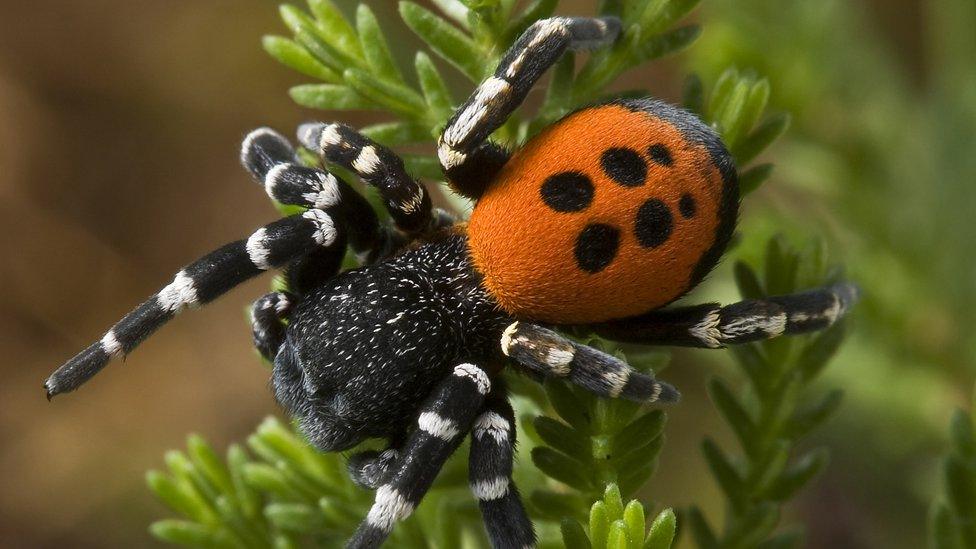Coronavirus: Call for 'citizen scientists' to count insects
- Published
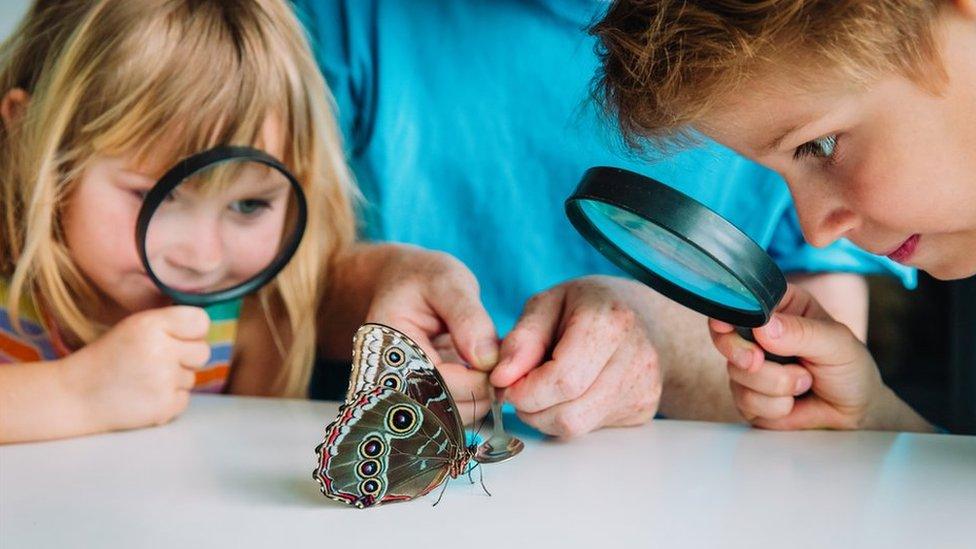
People have been urged to count and send pictures of insects they spot outside
Conservationists have called on the public to record information on pollinating insects which could otherwise be lost during the coronavirus pandemic.
The lockdown will stop scientists from examining some conservation sites for vital species data this spring.
Groups such as Butterfly Conservation want help from "citizen scientists".
They have urged people to count and send pictures of insects they spot outside.
Andrea Rowe, conservation officer for Butterfly Conservation in Wales, said the data gap could be filled by the public while scientists were unable to carry out full surveys.
"We're asking anybody who's got access to a garden, a park, or is going out and about on their daily exercise to see if they can monitor the butterflies to help us with our science," she said.
"If we can get lots of people sending us more data from the wider countryside and places where we don't normally get it, that would be really useful."
She said continuing to monitor butterfly species helped scientists assess the effects of climate change.
"It is making our springs a bit warmer so some butterfly species are spreading," Ms Rowe said.
"Where they used to only occur maybe in south-east Britain, you're seeing them more northerly and also we're starting to see butterflies earlier in the year.
"By recording when we see butterflies like the Speckled Wood or Holly Blue for the first time, we can compare figures."
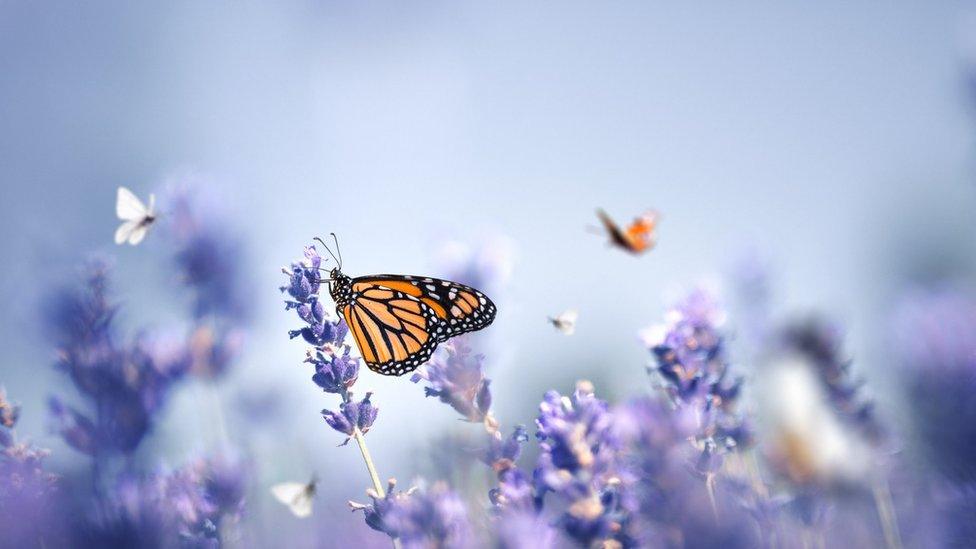
A pollinator is an animal that moves pollen from the male anther of a flower to the female stigma of a flower
Butterfly Conservation set up a phone app to help people identify and survey butterfly species, which can be downloaded online., external
Prof Helen Roy from the UK Centre for Ecology and Hydrology, which runs the UK Pollinator Monitoring Scheme, said datasets on pollinators such as bees and butterflies were "hugely valuable".
"They provide evidence for the government around how different measures may be shaping up for conservation initiatives," she added.
Prof Roy said it was a "fantastic time" for more people to get involved in flower-insect timed counts.
"It invites people anywhere to just sit and watch a patch of flowers for 10 minutes and record everything that lands on a flower," she said.
"That provides us with hugely valuable data around the pollinating insects that we're so dependent on."
She said people could count the same insect visiting a flower more than once. Scientists could work out population numbers from analysis of the data, she added.
"Even just a presence record, somebody saying 'this species was in my garden', can be really useful."
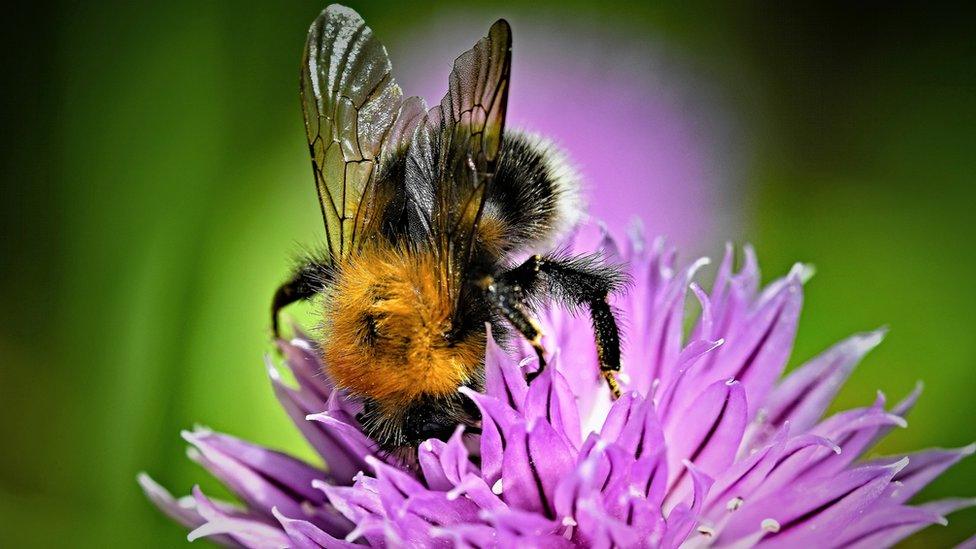
A third of British wild bees and hoverflies are in decline
- Published3 April 2020
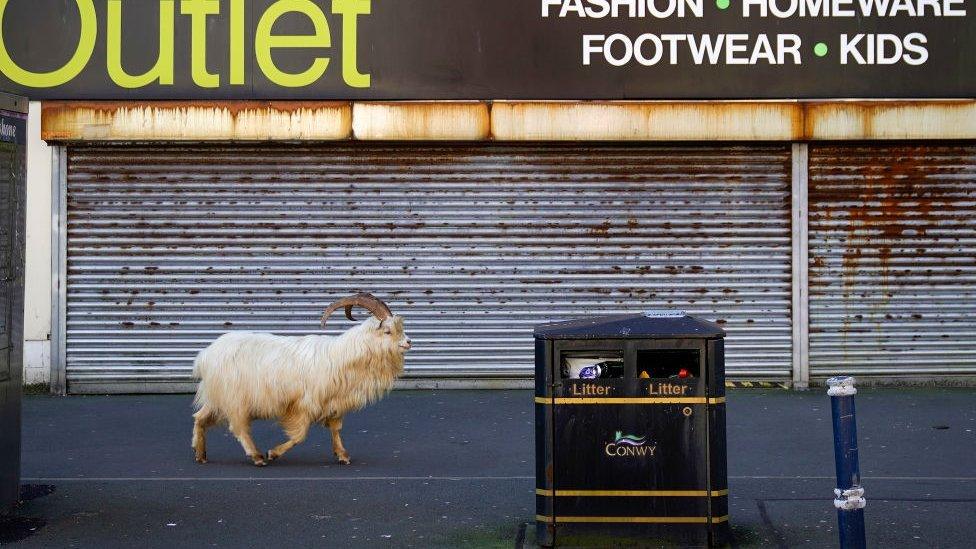
- Published26 March 2019
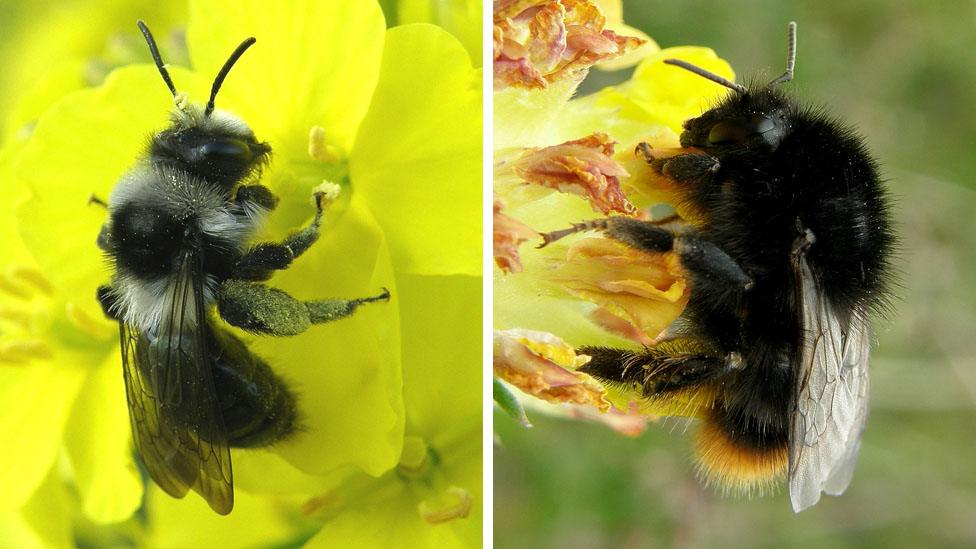
- Published31 March 2017
